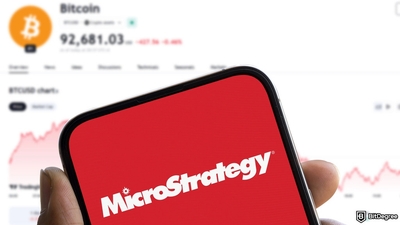Free Airdrop Season 7 is LIVE! Answer fun questions or do simple tasks to earn rewards from the $30K BitDegree prize pool. Participate Now ! 🔥
US Treasury Department Freezes Ethereum Wallet Linked to Mexican Cartel
A crackdown on fentanyl trafficking leads the US Treasury to the Ethereum wallet.
The US Treasury Department has taken regulatory action by sanctioning an Ethereum wallet that is believed to be linked to the Mexican Sinaloa Cartel.
Aiming to clamp down on illegal fentanyl sales and their impact on the opioid crisis, the Office of Foreign Assets Control (OFAC) under the US Treasury recently announced sanctions on ten individuals.

Did you know?
Subscribe - We publish new crypto explainer videos every week!
What is AVAX? (Avalanche Network Explained With Animations)


The list included Mario Alberto Jimenez Castro, a Mexican national believed to be closely aligned with a top deputy in the Sinaloa Cartel. According to authorities, Castro managed a money laundering operation facilitating fentanyl sales through wire transfers and virtual currencies like Ether (ETH).
When commenting on the investigation result, the United States Treasury noted:
Jimenez Castro has directed US-based couriers to pick up cash in the United States and deposit it into various virtual currency wallets for payment directly to the Chapitos and for reinvestment in fentanyl production.
The wallet in question had only 0.018 Ether or around $28.22, based on Etherscan data. Despite the small sum, it is part of a broader strategy to counteract drug-related issues affecting the US.
Brian Nelson, the Under Secretary for Terrorism and Financial Intelligence, emphasized that the Treasury Department will continue focusing on "criminal enterprises threatening international security and flooding our communities with fentanyl and other deadly drugs."
This regulatory action aligns with other cryptocurrency-related sanctions by the US Treasury, including those against entities connected to North Korea's Lazarus Group.
Last August, the Treasury also faced controversy for adding crypto mixer Tornado Cash to its sanctions list, leading to the arrest of co-founder Roman Storm on money laundering charges. Despite some pushback from the cryptocurrency community, including a lawsuit spearheaded by supporters from crypto exchange Coinbase, the courts have upheld the government's stance.
The US Treasury's recent sanctions on an Ethereum wallet linked to the Sinaloa Cartel signify the increasing efforts by US authorities to root out illicit activities funded through cryptocurrencies.























